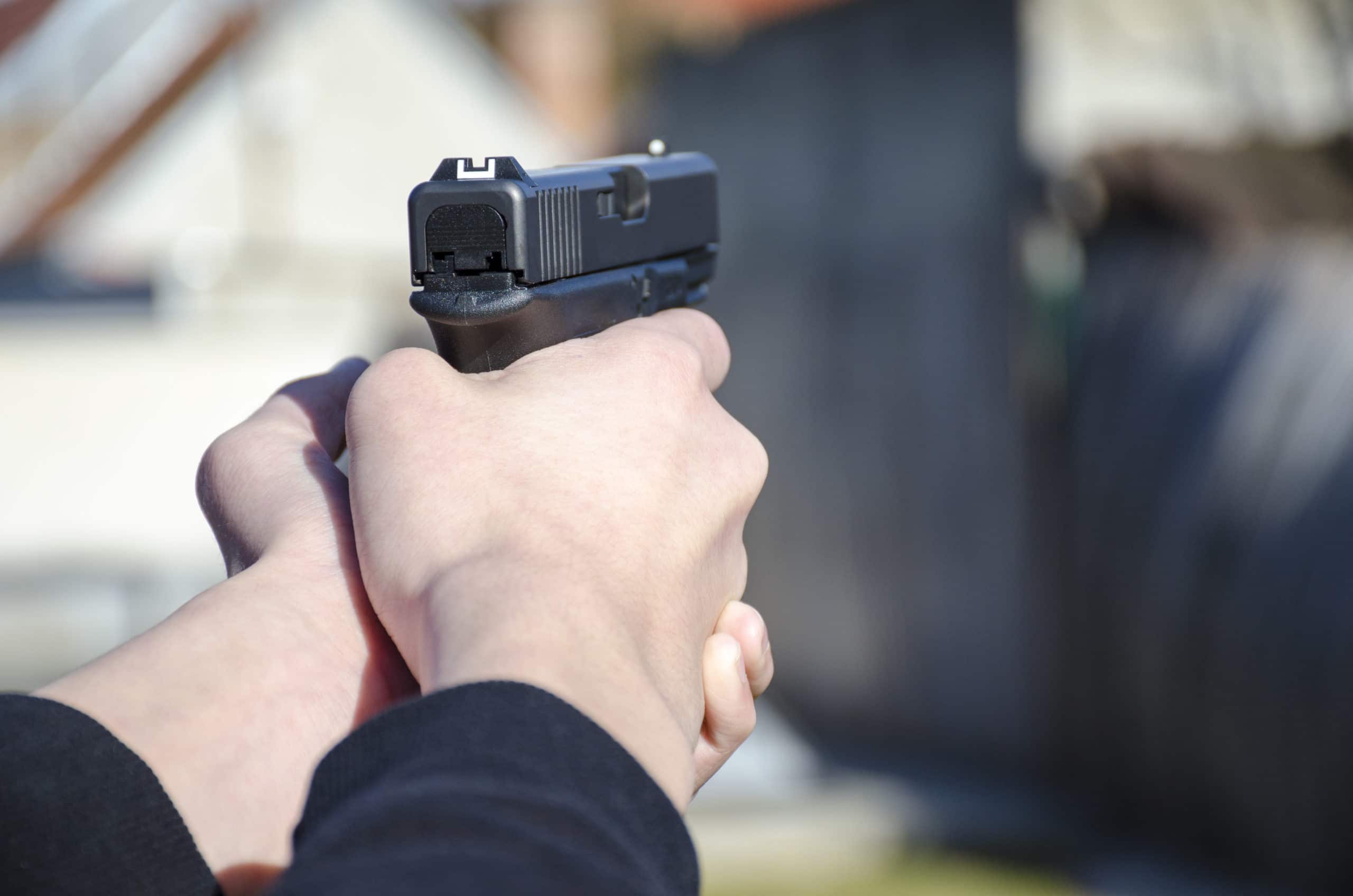The jury is out on South Africa’s Firearms Control Amendment Draft Bill 2021 that proposes significant changes in the regulations of gun ownership. What does it mean to the average South African concerned about increasing crime?
“In South Africa, we have a lot of hoops already to own a legal weapon, and now you can’t protect yourself.”
In South Africa, dominating the social and political arena currently is yet another raging topic – that of gun control.
The recently proposed Firearms Control Amendment Bill draft of 2021 has been gazetted by the government for public comment, and over 80,000 written submissions have flooded in since May 21, drawing strong comments and a healthy debate from various quarters.
Critical to the contentious bill is the removal of “self-defence” as a legitimate reason for owning a firearm, and it has become a flashpoint for discussion.
The bill is strongly supported by Minister for Police Bheki Cele who notes that in the South African Constitution, the ownership of firearms is not a right, and that “owning a gun in this country remains a privilege made possible through the Firearms Control Act”. “Simply put, this proposed change in law also has the potential to mean the difference between life and death for hundreds of women, who are in the clutches of their abusers, inside their own homes,” said Cele in a press statement.
“South Africans should take comfort in the fact that the proposed amendments were not taken lightly. Extensive research, consultations with various stakeholders preceded the proposed amendments,” the statement said.
Loading...
In the same statement, however, he made note of the high-crime levels present in the country; a motivation which many firearm owners have cited as their reason for applying for licensing under the current legal route of “self-defence”.
Indeed, South Africa has one of the highest murder rates per capita in the world and the average response time for police is over 20 minutes (as per VCOS in 2017).
The bill has its fair share of criticism.
“I reject the bill in its entirety,” says Tshepi Mmekwa of Girls On Fire, a program to promote responsible female firearm ownership. “How can you take away people’s ability to defend themselves?
In South Africa, we have a lot of hoops already to own a legal weapon, and now you can’t protect yourself. Our members are angry, and many feel even more unsafe now.”
Indeed, the fear of crime coupled with concern over increased regulation has seen a massive increase in licensing applications since the announcement of the proposed amendment. One designated firearms officer with the South African Police Service, who wished to remain unnamed, stated that since the proposal, she has not had a free weekend. “I’m taking these home to do the paperwork and trying to get them finished as soon as possible,” she said, empathizing with the concern many feel about losing the ability to license themselves legally.
The fears of violent crime are reflected in the applications for self-defence, far outweighing categories such as applications for hunting or sport shooting. Indeed, it is such safety concerns that led to a broad church gathering of interested parties by Afriforum on June 10 which included some 21 civic organizations and political parties to discuss the amendment – with people and organizations of all races, backgrounds and interests coming together to propose a way forward to comment and contest the proposed bill.
Says Afriforum Legal and Risk Manager Marnus Kamfer to FORBES AFRICA: “We already have strong laws to regulate legal firearms; it’s the illegal firearms that are the issue. By regulating legal firearms further, it will have little effect on crime or the use of illegal firearms.”
With public comment open until July 4, the heated debate is likely to continue. However, what is increasingly clear is that crime is definitely a concern for all South Africans.
Loading...
